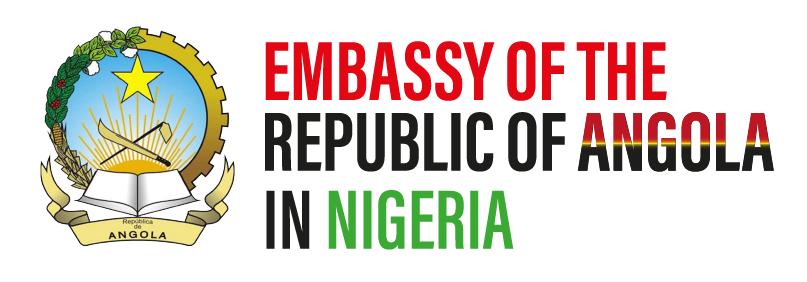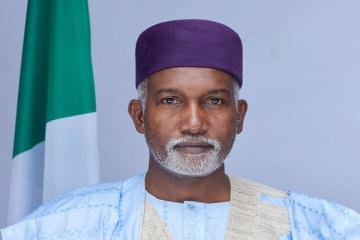Nigeria has officially gazetted and transmitted the ECOWAS Schedule of Tariff Offers for Trade in Goods under the African Continental Free Trade Area (AfCFTA) to the AfCFTA Secretariat.
This move comes ahead of the 16th Council of Ministers Meeting on Trade scheduled for April 15 in Kinshasa, Democratic Republic of Congo, and marks a significant milestone in Nigeria’s trade integration efforts.
The Minister of Industry, Trade and Investment, Dr Jumoke Oduwole, disclosed this in a statement on Monday.
According to her, the gazetted schedule sets the foundation for implementing zero duties on 90% of tariff lines under AfCFTA, effectively positioning Nigerian goods for improved access and competitiveness across African markets.
“This step not only aligns with Nigeria’s regional trade commitments but also reinforces the country’s strategic role in shaping the continent’s single market,” the statement indicated.
Signed by President Bola Ahmed Tinubu, the statement explained that the transmission of the ECOWAS Tariff Schedule signals Nigeria’s readiness to trade under AfCFTA’s preferential regime.
It added that the development further demonstrated Nigeria’s intent to foster export-led growth, improve its trade balance, and attract intra-African investment.
Commenting on the development, Oduwole, said: “The gazetting and transmission of the ECOWAS Schedule of Tariffs to the AfCFTA Secretariat signals Nigeria’s readiness for trade under the Agreement.
“This milestone enables Nigerian exporters to leverage preferential tariff access across African markets, positioning Nigeria as a key player in regional and global trade.”
Nigeria first shipped goods under the AfCFTA framework in July 2024.
With this formal gazetting, the country is expected to accelerate its participation in the continental free trade agreement, expanding opportunities for businesses, manufacturers, and exporters.
The gazetting of the Tariff Schedule is “expected to deliver far-reaching economic benefits, which include trade expansion, SME growth, job creation and investment and regional integration.”
By 2025, the fifth year of AfCFTA implementation, a 50% tariff reduction on NGN should immediately affect goods in trade with least developed countries in Africa, implemented at a rate of 10% per year.
For trade with developing countries on the continent, Nigeria retains the flexibility of complete tariff elimination (0%), effectively immediately under AfCFTA, applying a 20% reduction annually.


